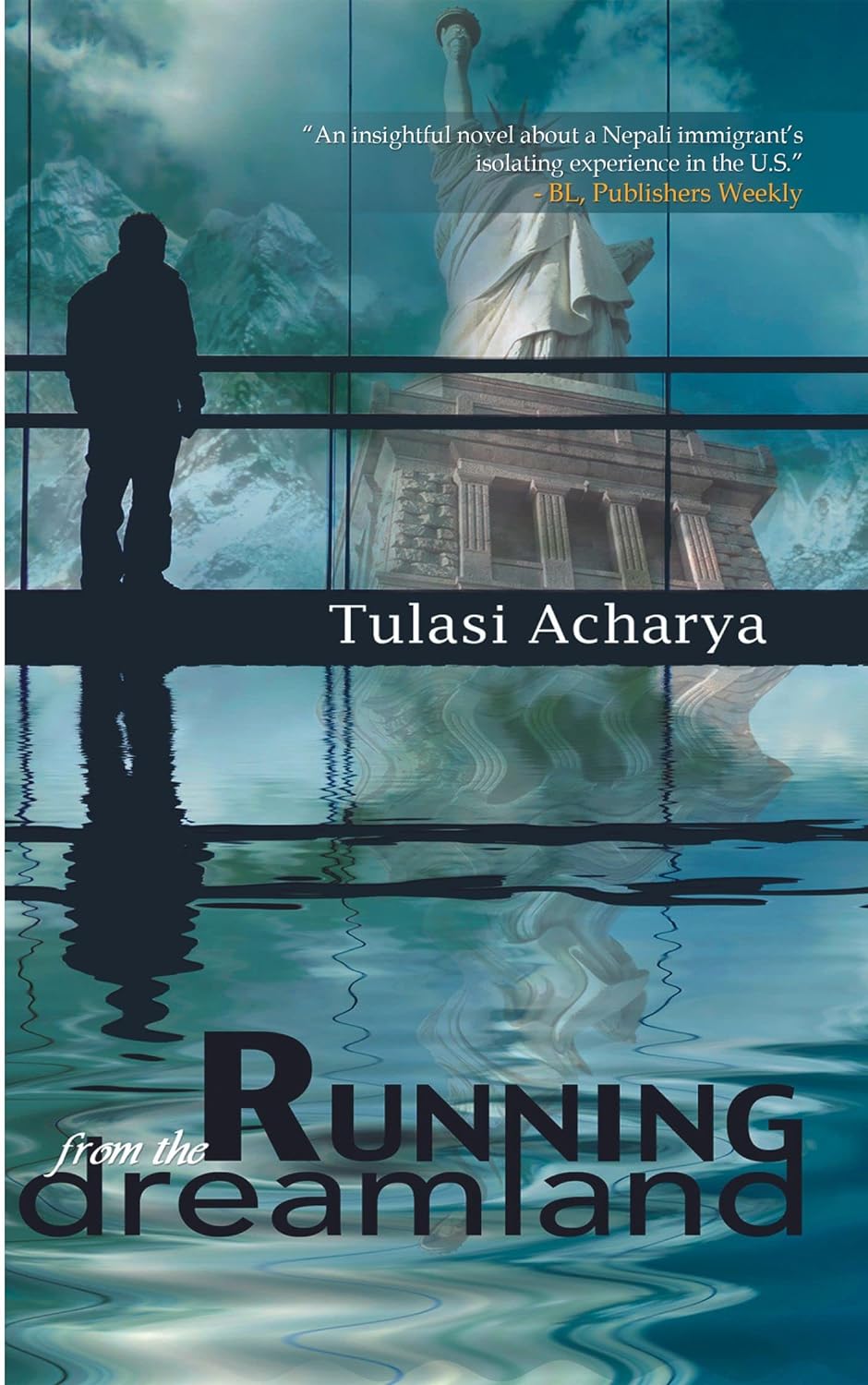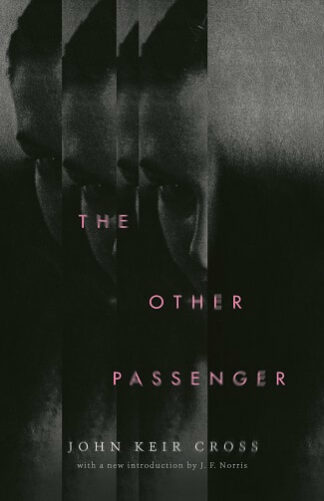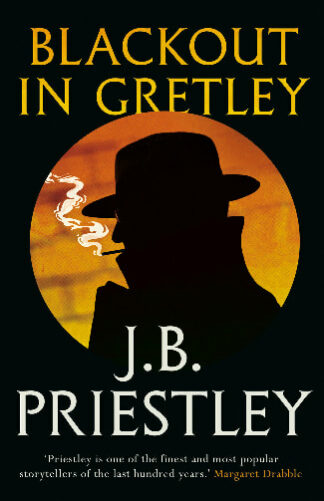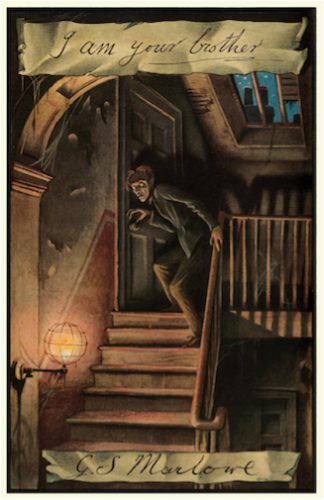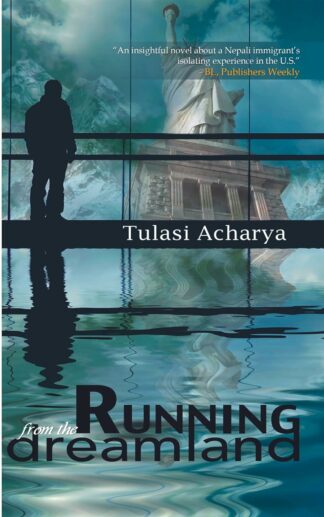Description
Deepak comes to America immediately mesmerized by the immensity of its abundance. After leaving Nepal, his plan is to make his fortune in the land of opportunity. He quickly learns America is more than he bargained for, especially his newfound “friends.” He questions whether he can even survive, much less succeed, in this new country until he finds an unexpected, unlikely love.”This novel sees America through the eyes of a visiting student from Kathmandu as he struggles to make a life in his new land. At times, the novel is funny, other times moving, as the protagonist comes to realize the American dream, not in the country’s wealth, but in its people. Importantly, this story gives us insight into the immigrant experience and the difficulties and joys of adjusting to a new culture– Anthony Grooms, author of Trouble No More and Bombingham
American dream lingered, in spite of innumerable punctures from within. Withstanding blows right from the days of hard realists like Arthur Miller, through a band of Jazz and Blues artists in the middle, way down to the days of naturalist fiction writers like John Steinbeck, American lingered. This is because the world elsewhere could not develop itself as the best location for dreamers, so obviously, America continued to be the promised land. The EDV culture, and magnetic student-attraction strategies from all over the world continued to make America a Venus flytrap, and the same is true to our own days. The Venus flytrap continues to suck life-sap from emigrants, and to throws the chaff of their beings back to their abandoned homelands ultimately. These feelings rose in my mind, as I flipped through the pages of Running from Dreamland, a deeply engaging fiction by young Nepali novelist Tulasi Acharya. Almost in every page of the novel, I could figure novelist Acharya himself, though I constantly reminded my critical self that I should not, at any rate, be a victim of fallacies, whatsoever. But then, the moment novelist Acharya appears as an aspirant academic flying all the way to the US from home and molding an identity there, there is every possibility that the fault-line between his novel’s fictional reality, and the author’s own lived reality, get blurred. When a work of fiction permeates through reality and evokes virtual belief, the work attains extraordinary success. I rate Running from Dreamland as a work of such success, at least for its storyline.
Reviewed by Mahesh Paudyal

